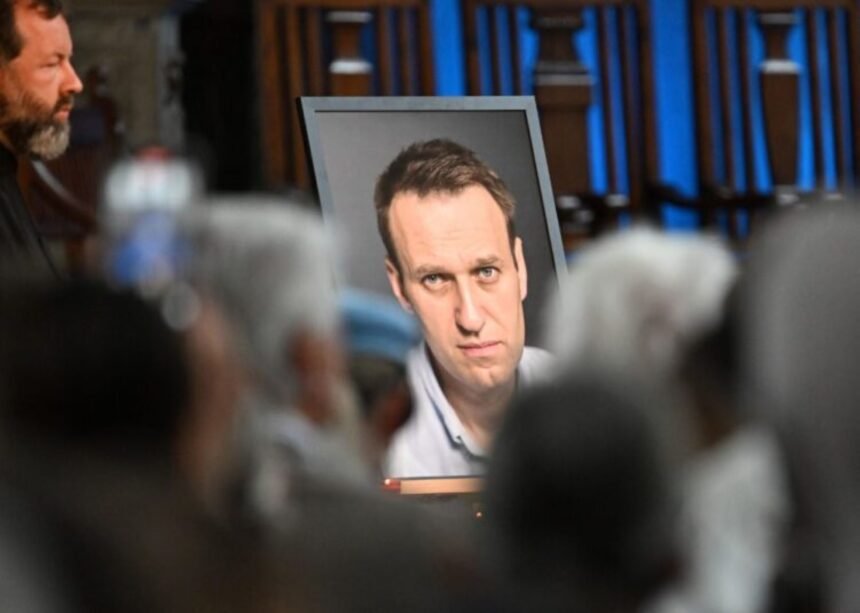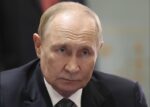A year has passed since the death of Alexei Navalny, Russia’s most prominent opposition leader, and the political landscape has dramatically changed. The opposition remains fragmented, and political dissent has been pushed to the margins, Deutsche Welle reports.
On February 16, 2024, Navalny died in a Russian penal colony, with his supporters insisting he was assassinated on Kremlin orders. His death marked the end of large-scale protests in Russia, once a major force of his movement. Today, President Vladimir Putin and his inner circle remain firmly in power, while Navalny’s anti-corruption foundation (FBK) has lost much of its influence.
According to independent political analyst Alexander Kynev, the foundation has become largely irrelevant due to Navalny’s imprisonment and later death, as well as Russia’s war against Ukraine, which has reshaped the country’s political agenda. The war has overshadowed corruption investigations, once a driving force of Navalny’s movement.
Meanwhile, the Russian opposition abroad remains divided, struggling to find common ground. Many former opposition figures, including Dmitry Gudkov and Maxim Reznik, argue that Navalny’s legacy should inspire a renewed fight for democracy. However, harsh state repression has left little room for organized resistance inside Russia.
Despite this, some remain hopeful. Reznik believes that Navalny’s fight will not be in vain and that freedom fighters will continue to emerge in Russia. Gudkov, however, warns that Navalny’s death underscores a key lesson: no single leader can bring change alone—ordinary citizens must take political responsibility themselves.







